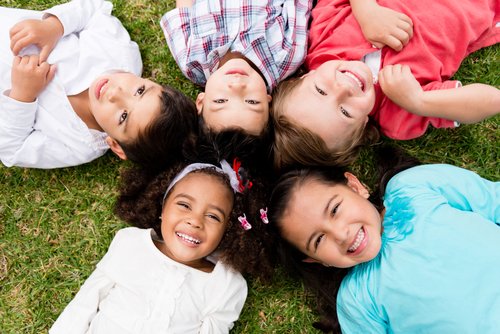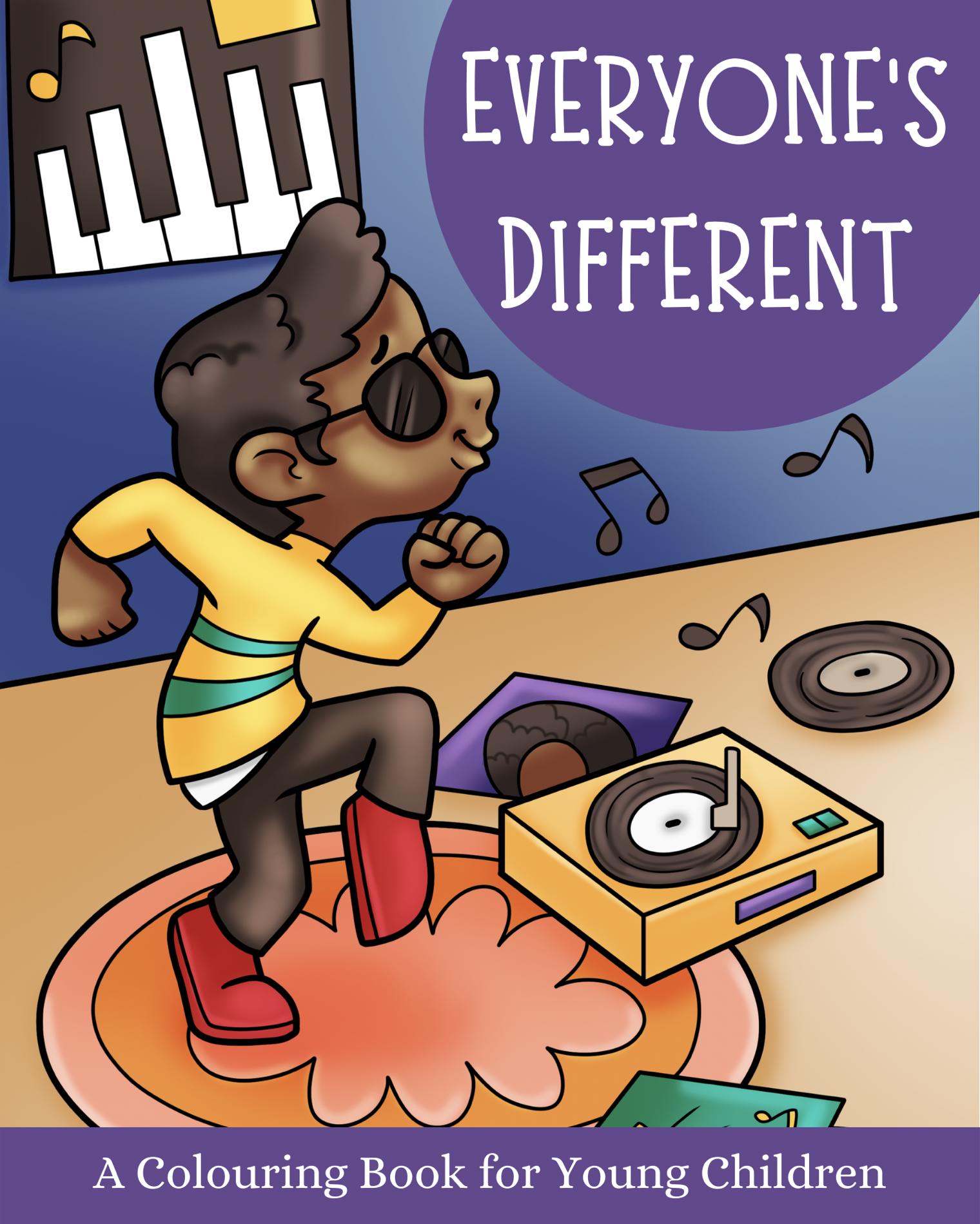DISABILITY GRANTS is a SELF HELP Resource
SEARCH the website to find ANSWERS to your QUESTIONS Click Here! FAQ >
FTC Disclosure
If you make a purchase via a link on this site, Disability Grants may receive a small commission on the transaction - at no added cost to you. Thank you!
Co-operative Games for Children with Special Needs
All children need to learn cooperative behaviour and social skills.
And children with special needs are no different!
It's just that they may not have so many opportunities to learn these skills.
What are Cooperative Games?
Cooperative games emphasise play, fun, and cooperation. They are games when everyone works together to win.
Competitive games however focus on having a sole winner and emphasise competition. These games have been shown to cause poor self-esteem for children who lose.
While playing a cooperative game teams work together to overcome obstacles, instead of playing against each other.
No one is left out!
This helps build confidence and self-esteem as players have to participate, collaborate and communicate.
Benefits of Cooperative Games
Cooperative games offer many benefits:
- Communication is the most obvious. The games help improve language development as the children are encouraged to talk.
- Conflict Management Skills. The games encourage children to work out issues and resolve issues on their own.
- Cognitive Skills. They can develop critical thinking in a fun way. As children don’t need to worry about losing they have time to try out new ideas.
- Decision Making Skills. Children work together to make joint decisions. Knowing that their decisions will affect the whole team not just themselves.
- Cooperation. The games encourage children to cooperate with and encourage others.
Examples of Cooperative Games
Cooperative games and play are usually directed and supervised by an adult(s).
Parachute Games
Specially designed parachutes can be bought in different sizes to play parachute games. Reinforced handles around the edge of the parachute make it easier for participants with poor grip or hand control to hold on to.
Parachutes are fantastic at encouraging cooperation and social interaction.
Try these games with the children standing in a circle holding the parachute by the outside edges:
- Making waves - An adult directs the children to make small or large waves by moving their arms up and down. Slow to start then faster and then slow. Introduce a story about the sea or the wind on a stormy night.
- Rolling the ball - An adult places a ball on the parachute. The children move the parachute up and down to stop the ball falling through the centre hole. Vary it with different sized balls.
- Shaking Popcorn: Place some beanbags on the parachute. The children shake the chute to make them rise like popcorn.
Being in a wheelchair is not a barrier to parachute games as it’s easy to make adjustments.
If working with a group of all wheelchair users additional adult support standing in between the wheelchair users is recommended to help raise the parachute up higher.
This stops the parachute getting caught in the wheelchair wheels.
Trust Game
Each child works with a partner. One child is blindfolded. The other child gently leads them and gives verbal instructions to avoid obstacles.
Leading child then swaps over with the "blind" child.
They can also pretend to be a guide dog for the blind.
Balloon Bop Game
Start by having children stand in a circle while holding hands.
An adult drops the balloon into the circle. The children then tap the balloon with knees, shoulders, heads, elbows, chests, etc. They cannot use their feet and they must continue to hold hands.
The goal is for children to work cooperatively by moving together holding hands and to keep the balloon from hitting the ground.
All Aboard Rope Game
Start with a piece of rope that can be made into a loop for all the children to fit inside.
Place the rope on the ground in a circle and have all the students sit inside the circle.
Next, make the rope circle a bit smaller and challenge them to all sit in the circle again.
Continue making the circle smaller.
The children then have to work together to come up with creative solutions to fitting in the circle. Such as only putting fingers in or the hands into the circle.
Big Floor Puzzles
Children work together to complete big floor puzzles. They have to share floor space as well puzzle pieces to finish the puzzle.
Amazon has a good selection of traditional cardboard puzzles and soft foam jigsaw tiles. Just type “Big floor puzzles” into the search box.
Feed the Woozle
Feed The Woozle is a cooperative game where children have to work together to get 12 silly snacks into the Woozle’s mouth. It also promotes fine and gross motor skills.
The game can be played at 3 different levels. It has won 4 awards in the USA.
Peaceable Kingdom the company who created Feed the Woozle also offer other cooperative board games.
Group Story
One child starts the story talking for one minute. The next child continues for one minute and so on until everyone has had a go.
You can get great story starter ideas from using this fantastic free tool from Scholastic.
You select the age group and use an online fruit machine to create writing prompts. Teachers can use an interactive whiteboard to display the machine and children can take turns in activating the Story Starter.
Another variation is to sit the group under the parachute to create a safe and calm environment for the story telling. This is especially good for ghost stories.
Further Reading and Resources
Let's Cooperate by Mildred Masheder
First published in June 1986 for the United Nations International Year of Peace by the Peace Education Project of the Peace Pledge Union. Copies can be bought on Amazon for as little as 50p.
Let's Play Together by Mildred Masheder
Over 300 cooperative games for children and adults.
Making Waves by Helen Sonnet
Parachute games to develop self confidence and team building skills.



